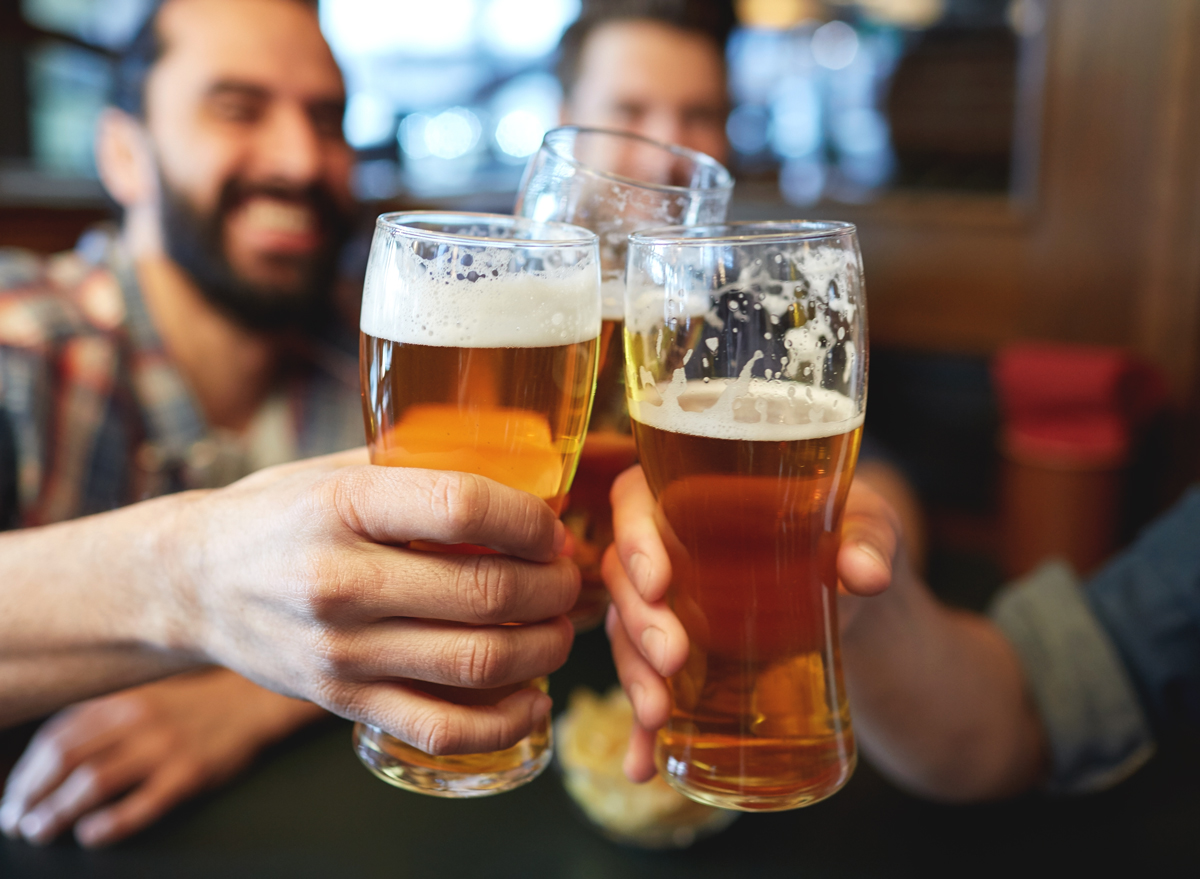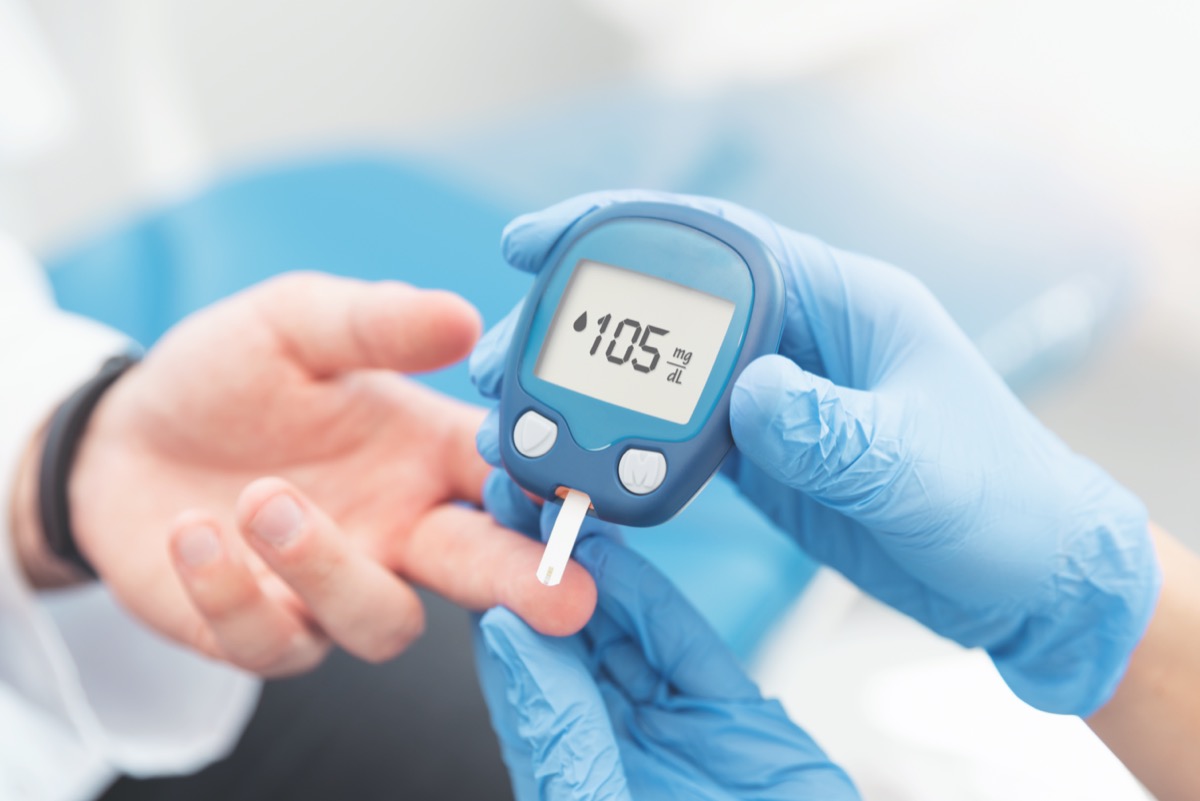Turns Out, Beer Is Even Worse For You Than We Thought

Whether you like to end your day with an IPA or enjoy chatting with friends over a few craft beers at your favorite watering hole each week, drinking beer is a beloved ritual for people from all walks of life. However, those suds may come with a side of serious health issues.
Research suggests that drinking beer is associated with a wide range of health problems that can have lasting consequences. We will note, however, that many of the following side effects have only been found when looking at excessive beer intake, or having more than 2 drinks a day. Moderate beer intake comes with fewer negative side effects; however, the first study you’re going to read about found that even moderate beer intake can be dangerous when it comes to this one organ.
Before you pick up that glass, read on to discover why those brewskis may be worse for you than you thought, and if you want to improve your overall wellbeing, check out The 7 Healthiest Foods to Eat Right Now.
New research suggests no amount of alcohol is safe for your brain.

While you may feel smarter or more confident when you’ve had a drink or two, experts say your brain is reaping no benefits from those beers.
In a preprint of a 2021 study that looked at brain images of over 25,000 adults with varying levels of alcohol consumption, researchers at the University of Oxford stated that no amount of alcohol was safe for brain health. And it gets worse: even moderate consumption, which generally means up to one drink a day for women and up to two drinks a day for men, had the potential to do greater damage to drinkers’ brains than previous studies had recognized.
For the latest healthy living news delivered to your inbox, sign up for our newsletter!
Heavy beer consumption may increase your risk of pre-diabetes.

If having a few beers after a long day of work is a regular habit for you, you may be putting your pancreas in harm’s way.
A 2012 study published in Diabetes Medicine found that, among a group of 5,128 men and women between 35 and 56 years old, high beer consumption was associated with a higher risk of pre-diabetes among male study subjects. Men are already at a higher risk of pre-diabetes than women, with 37.4 percent of American adult men being diagnosed with pre-diabetes while that number is just 29.2 percent for women. Considering that anywhere between 5 and 10 percent of those with pre-diabetes develop type 2 diabetes, an irreversible condition that impairs energy metabolism and increases the risk of complications like heart disease and kidney disease, men may think it wise to cut back on their beer intake.
Alcohol consumption is linked to multiple types of cancer.

Whether you have a family history of cancer or simply want to reduce your risk of this devastating health condition, cutting back on your beer consumption might be a good place to start.
The 14th edition of the “Report on Carcinogens” notes that alcohol is a known carcinogen, while a 2015 report in The Permanente Journal found that heavy beer drinkers had a greater risk of liver cancer and breast cancer.
Drinking alcohol in excess may increase your risk of premature death.

If you want to live a long and healthy life, you might want to consider cutting back on those nightly beers.
A 2018 study published in Alcoholism: Clinical & Experimental Research suggests that drinking one to two alcoholic beverages four times or more times a week made study subjects 20% more likely to die prematurely than those who drank three times a week or less. To put that in happier words, the researchers found that if you don’t want to give up your favorite brew entirely, you’ll do the least damage to your longevity as long as you limit your booze intake to less than three times a week.
For more incentive to ditch those drinks, check out these Side Effects of Giving Up Beer, According to Science.
Read this next:








